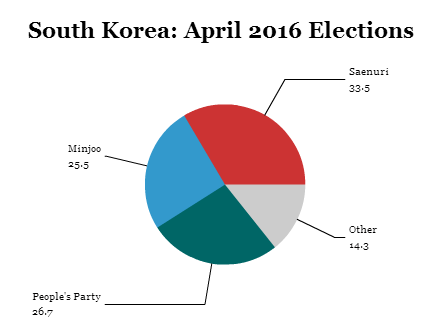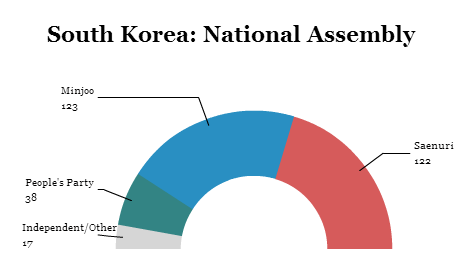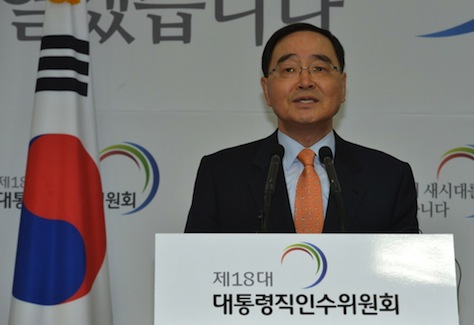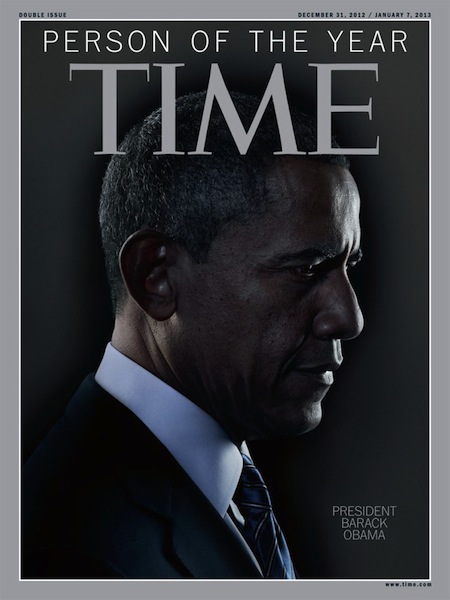
So Time Magazine’s decision to anoint a Person of the Year since 1927, for reasons unknown, holds a rapt audience among folks in the United States, myself included.
This year (oh the suspense!), Time chose U.S. president Barack Obama. 
In those 85 years, of course, Time has chosen every U.S. president (except Calvin Coolidge, Herbert Hoover and poor Gerald R. Ford), and in recent years, it’s made some pretty silly decisions (‘You’), but even as recently as 2007, chose Vladimir Putin as its Person of the Year.
Indeed, over its long history, it’s identified many world leaders as Person of the Year — Indian independence leader Mahatma Gandhi in 1930, Ethiopian emperor Haile Sellasie in 1935, (controversially) Nazi German leader Adolf Hitler in 1939 and Soviet leader Joseph Stalin in 1940, (less controversially) U.K. prime minister Winston Churchill in 1941 (and again in 1949), Iranian president Mohammad Mossadegh in 1951, West German chancellors Konrad Adenauer in 1953 and Willy Brandt in 1970, Soviet premier Nikita Khrushchev in 1957, French president Charles de Gaulle in 1958, Saudi King Faisal in 1974, Egyptian president Anwar Sadat in 1977, Chinese leader Deng Xiaoping in 1978 (and in 1985), Iranian Ayatollah Ruhollah Khomeini in 1979, anti-Communist Polish Solidarity leader Lech Wałęsa in 1981 and even the anti-Marcos Filipino president that toppled the Marcos family, Corazon Aquino, in 1985.
Many of those decisions were thoughtful and, perhaps, even courageous. As a platform for highlighting key issues and illuminating the mechanics of how cultures, politics and economics shape our world, the ‘Person of the Year’ concept isn’t a bad one.
But before Putin in 2007, you have to go back to 1987 and 1989, when reform-minded Soviet premier Mikhail Gorbachev was chosen twice.
Is it really true that Time can’t find anyone in the world (outside the United States, of course) in the past 25 years worthy to be ‘Person of the Year’ other than Russian autocrats?
Certainly, Obama’s reelection was an important moment with wide implications for world affairs, but is Time really being too US-centric?
Consider all of the other options:
- German chancellor Angela Merkel, who has nudged and cajoled the eurozone to bailouts of Greece, Portugal and Ireland that have kept those countries in the eurozone, while centralizing more fiscal policy and banking policy decision-making powers in the hands of the European Union. In doing all of this, she’s maintained or even gained in popularity in Germany.
- European Central Bank president Mario Draghi, whose commitment to stabilizing the eurozone in no uncertain language last summer may well have turned the page on the eurozone’s ongoing crisis.
- International Monetary Fund managing director Christine Lagarde, for assistance in cleaning up most of Europe’s economic mess and the rest of the world’s besides, all the while trying to initiate a discussion about balancing austerity with the need for higher growth.
- Egyptian president Mohammed Morsi, whose Muslim Brotherhood now controls the government of the world’s most populous Arab country in the wake of the revolution that toppled Hosni Mubarak last year, and whose rule, above all over this week’s constitutional referendum, remains subject to increasing uncertainty and doubt among secular liberals?
- Fatah leader Mahmoud Abbas achieved recognition of Palestine as a state in the United Nations last month.
- The incoming leader of the world’s most populous country, Xi Jinping, as the new general secretary of the Chinese Communist Party. Hell, Time could have chosen the entire new seven-member Politburo Standing Committee.
- Time could have been timely — and creative — and chosen the four new leaders of four East Asian countries — Xi, North Korea’s Kim Jong-un, Japan’s incoming prime minister Shinzo Abe and South Korea’s incoming president Park Guen-hye, the latter two being elected just this week.
- México, poised to overtake Brazil as the largest economy in Latin America in the 2020s, has returned the longstanding PRI to power under the leadership of new president Enrique Peña Nieto, who promises tax reforms, privatization and development of México’s oil industry and a new approach to drug violence and security.
- Maybe even Colombian president Juan Manuel Santos, who’s staked his presidency on peace talks with the longtime rebel guerilla group FARC?
- How about Aung San Suu Kyi, who after years of house arrest is now serving in the parliament of Burma/Myanmar, with the once nearly-autarkic regime engaged in reforms to not only its economy, but human rights and democracy as well, garnering the re-establishment of relations with the United States?
U.S. power isn’t infinite, especially in the increasingly multipolar 21st century — and at some point, it’s a little ridiculous for Time to focus on Americans to the exclusion of those outside the United States. Maybe it’s time to call it what it’s become — the Person of the Year Most Relevant to the United States.
Photo credit to Nadav Kander for Time.

![]()
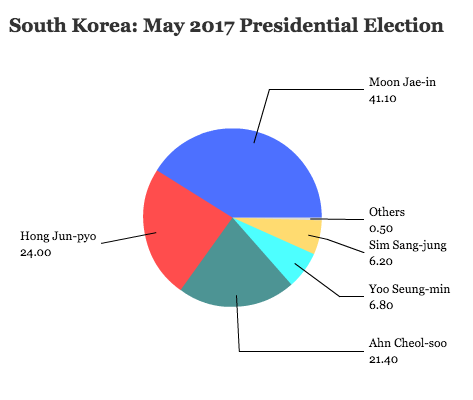 The election marks the end of nearly a decade of conservative rule in the Blue House, South Korea’s presidential office, and Moon has promised to bring a sweep of transparency and reform to domestic policy and a more conciliatory approach to North Korea in foreign policy.
The election marks the end of nearly a decade of conservative rule in the Blue House, South Korea’s presidential office, and Moon has promised to bring a sweep of transparency and reform to domestic policy and a more conciliatory approach to North Korea in foreign policy.


